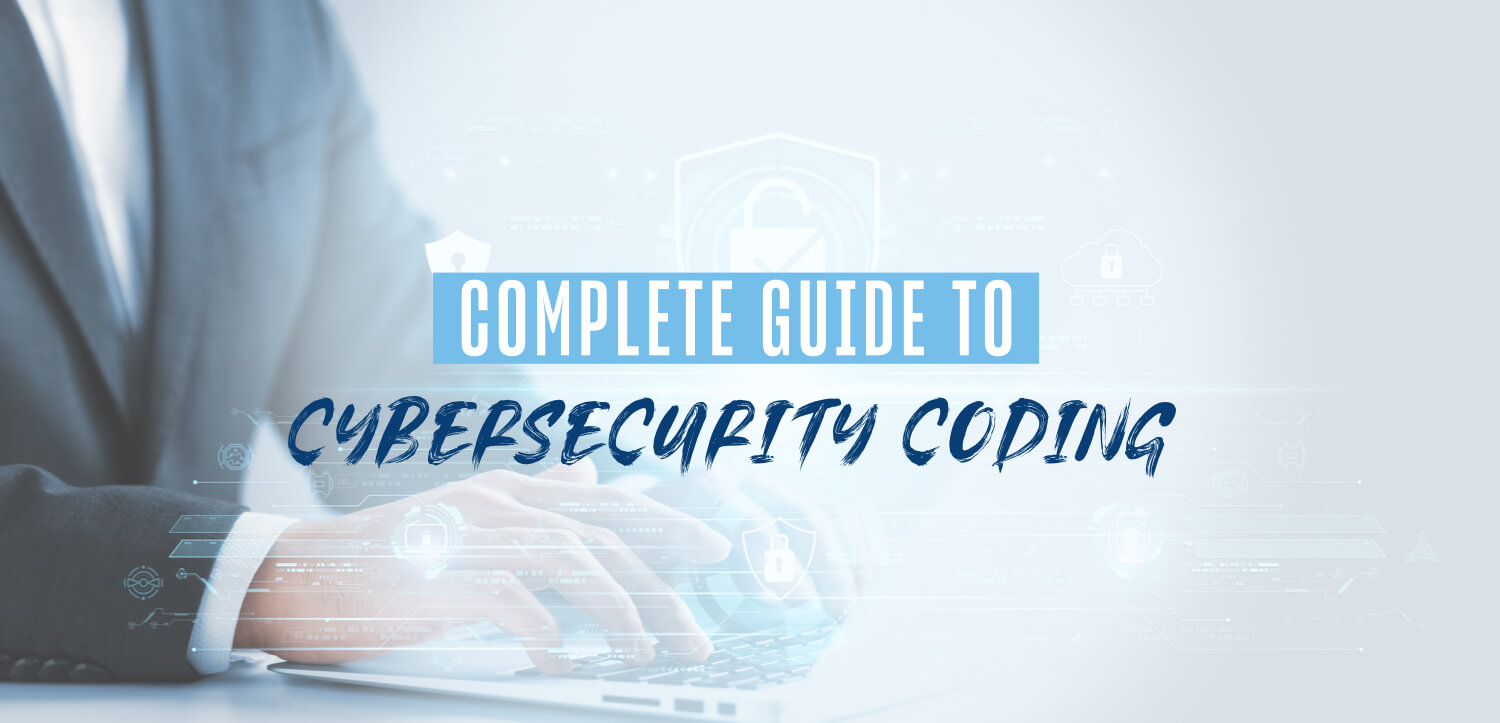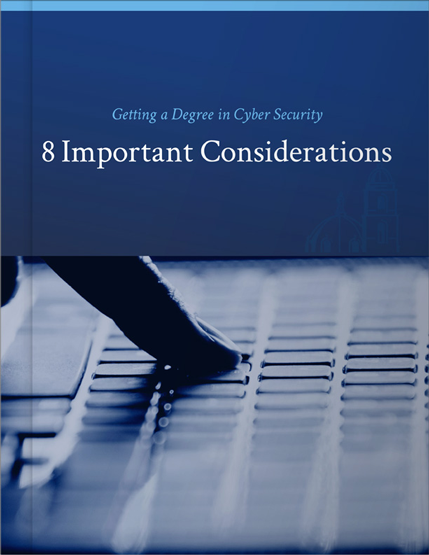The increasing dependence on technology has made cybersecurity a top priority for organizations worldwide, driving the demand for skilled professionals in the field. This growth is reflected in the U.S. News & World Report’s rankings, placing information security analyst at #1 on their list of 100 Best Jobs.
At the same time, computer-related positions like web developers and programmers are also experiencing a surge in popularity, with web developers ranking at #32 and computer programmers at #11 on the list of Best Technology Jobs.
A critical link between cybersecurity and IT roles lies in the use of cybersecurity coding. This shared skill set enables professionals to develop robust security solutions and understand potential vulnerabilities in digital systems. As the need for secure digital infrastructure increases, cybersecurity experts and IT professionals must work together, leveraging their coding and programming expertise to build a safer online environment for all.
Continue reading to explore the nexus between coding and cybersecurity and discover how mastering essential programming languages can enhance your career prospects in this rapidly growing field.
What Are Coding and Programming Languages?
Understanding the basic concepts of coding and programming languages is crucial for success in cyber security coding. These terms form the foundation for professionals to interact with digital systems and create, secure and optimize software applications.
Coding is “a computer programming language that helps to communicate with a computer.” In other words, coding allows humans to communicate and interact with computers by translating instructions into language that machines can process and execute.
A programming language “is a way for programmers (developers) to communicate with computers”. Programming language consists of a set of rules that string values to be converted into various ways of generating machine code, or in the case of visual programming languages, graphical elements.” These languages provide a structured framework for coders to write programs in a human-readable format, which is then turned into machine code that computers can execute.
Key points to remember:
- Coding and programming languages enable human-computer interaction.
- They aid in creating, modifying and optimizing software applications and digital systems.
- Proficiency in coding and programming languages is vital for cybersecurity professionals to understand system vulnerabilities and develop effective security solutions.
Does Cybersecurity Use Coding?
Coding does play a role in cybersecurity, but how much coding and programming are needed depends on the specific job. For example, cybersecurity developers (or coders or programmers) use their coding skills to figure out how hackers might break into a system and create ways to protect it.
Cybersecurity positions where hard skills such as computer programming and coding are often required include:
A search on LinkedIn for “cybersecurity web developer” generated more than 28,000 results, indicating a high demand for people with coding skills in cybersecurity. Additionally, the search yielded many government developer jobs — some of which require a security clearance — further emphasizing the need for coding in the cybersecurity field.
13 Best Coding Languages for Cybersecurity
When it comes to cybersecurity, certain coding languages are more relevant and useful than others. Here’s a brief overview of some of the best coding languages for cybersecurity:
- Python: A versatile and user-friendly language, Python is widely used for scripting and automation in cybersecurity tasks, such as vulnerability testing and network scanning.
- Java: A popular, object-oriented programming language, Java is known for its platform independence, making it suitable for developing secure applications that run on various devices.
- JavaScript: A commonly used scripting language for web development, JavaScript plays a crucial role in securing web applications and understanding potential vulnerabilities.
- HTML: The foundation of web content, HTML (Hypertext Markup Language), is essential for understanding the structure of websites and identifying potential security risks.
- CSS: Cascading Style Sheets (CSS) control the appearance and layout of websites. Familiarity with CSS helps cybersecurity professionals identify potential vulnerabilities in web design.
- C and C++: These powerful, low-level programming languages are used to develop system software, drivers and firmware. Knowledge of C and C++ can provide valuable insights into potential system vulnerabilities.
- SQL: Structured Query Language (SQL) is used for managing and querying relational databases. Proficiency in SQL allows cybersecurity professionals to secure database systems and prevent data breaches.
- Ruby: A dynamic, object-oriented language, Ruby is often used for web application development. Understanding Ruby can be beneficial for securing web applications and addressing risks.
- PHP: A widely used server-side scripting language, PHP is essential for developing and maintaining web applications. Familiarity with PHP can help cybersecurity professionals safeguard websites from potential attacks.
- PowerShell: A task automation and scripting language developed by Microsoft, PowerShell is particularly useful for managing and securing Windows-based systems.
- Swift: Apple’s open-source programming language for iOS and macOS application development, knowledge of Swift can help cybersecurity professionals protect applications on Apple devices.
- Perl: A flexible, feature-rich, high-level language, Perl is often used for text manipulation and system administration tasks. Proficiency in Perl can assist cybersecurity professionals in automating security processes.
- Lisp: One of the oldest programming languages, Lisp is known for its powerful and easy-to-use macros and being programmable to satisfy virtually any need. While not as commonly used today, Lisp can still provide valuable insights into AI and symbolic computing security.
Mastering these coding languages can significantly enhance a cybersecurity professional’s ability to secure systems, analyze vulnerabilities and develop robust security solutions.
Coding and Cybersecurity FAQs
As the demand for skilled cybersecurity professionals continues to surge, there has never been a better time to invest in your career growth. The University of San Diego’s online master’s degree programs, M.S. in Cyber Security Operations and Leadership and M.S. in Cyber Security Engineering (designated as a National Center of Academic Excellence in Cybersecurity), provide the knowledge and skills needed to excel in this lucrative industry. With expert faculty and flexible scheduling, these programs are tailored to help you succeed. And for beginner’s looking to learn about the fundamentals of cybersecurity, check out USD’s Cyber Bootcamp.





